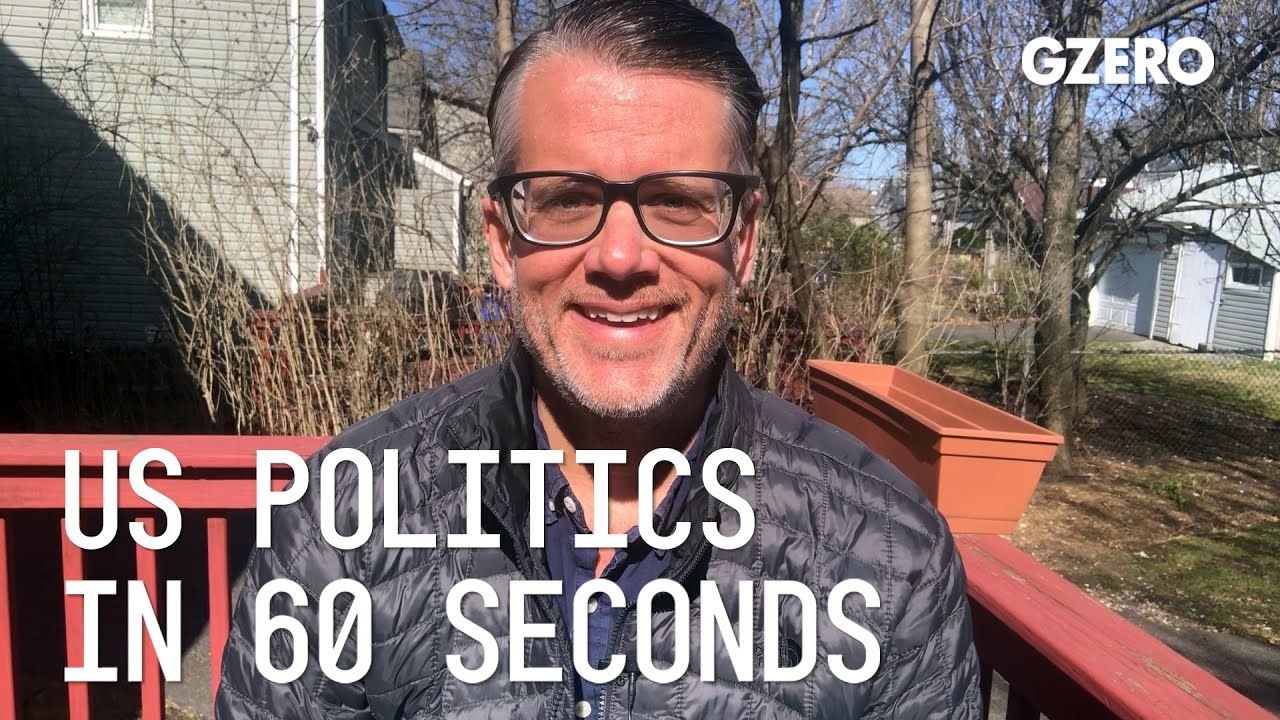
Ben White, Chief Economic Correspondent for Politico, provides his perspective on the news in US politics:
What were the main takeaways from the first one on one Biden-Sanders debate?
Well, the takeaway is that Biden did just fine. No major blow-ups. Bernie Sanders needed to have a breakthrough moment to stop Biden's momentum. He didn't get it. It seems increasingly clear that Joe Biden will be the Democratic nominee for president, which is what we all thought from the start.
Is it possible that the coronavirus could delay the November elections?
Some rumors floating around about that, that President Trump could try to delay the election. He doesn't have the authority to do that. So that's not going to happen. It could be that the vote is spread out over a couple of days, if we're still in a bad virus situation and have social distancing and other measures could have to be taken, but the vote will happen in November.
What's in the current coronavirus bill before Congress?
Well, it's passed the House. Now before the Senate. It mainly focuses on sick leave and unemployment insurance. There are some questions whether the Senate might want changes. The White House and Treasury are already working on another bill that would be more directed towards bailing out businesses like airlines and hotels. So, we've got to get through this one and then we'll move to the next stimulus measure.